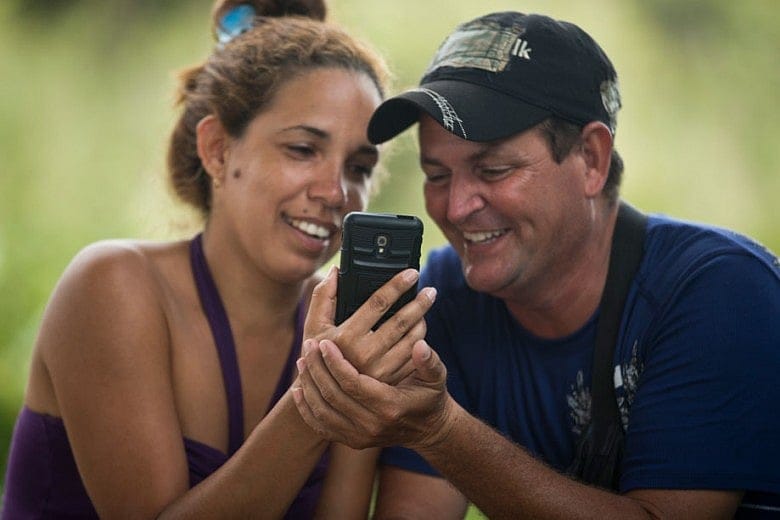Social media helps drive historic Cuban exodus to US

PENAS BLANCAS, Costa Rica (AP) — As summer began to bake the central Cuban city of Sancti Spiritus, Elio Alvarez and Lideisy Hernandez sold their tiny apartment and everything in it for $5,000 and joined the largest migration from their homeland in decades.
Buying two smartphones for $160 apiece on a layover on their way to Ecuador, they plugged themselves into a highly organized, well-funded and increasingly successful homebrewed effort to make human traffickers obsolete by using smartphones and messaging apps on much of the 3,400-mile (5,500-kilometer) overland journey that's become Cubans' main route to the U.S.

